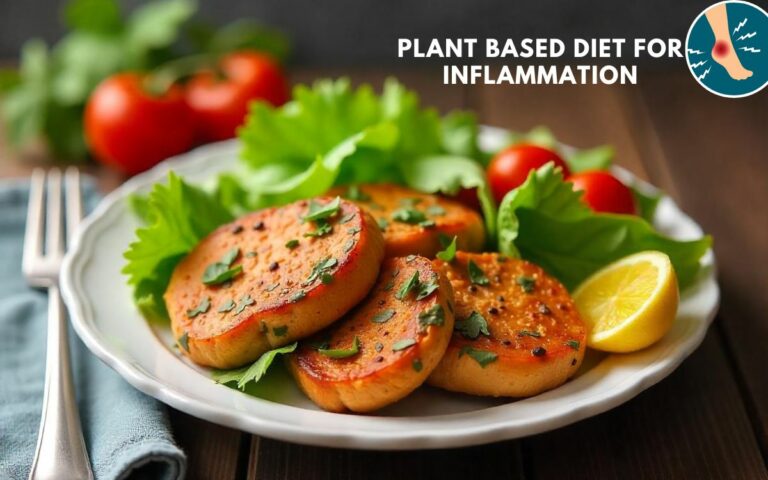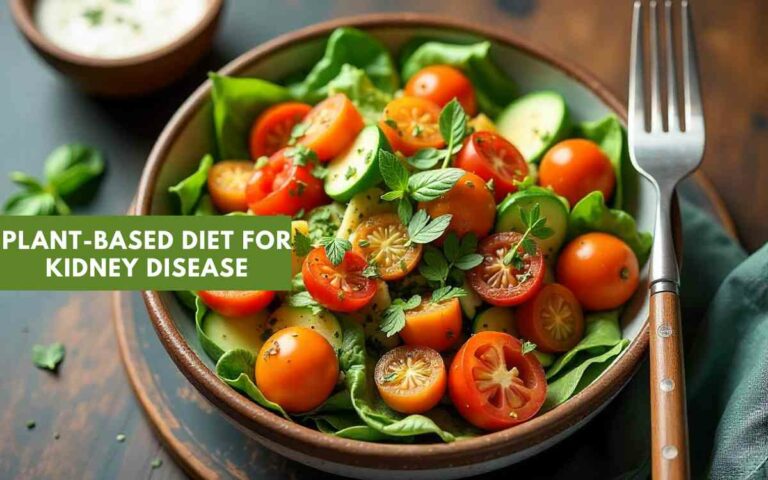Plant-Based Diet for High Blood Pressure: Health Boost
A plant-based diet can help manage high blood pressure. It’s a natural and effective way to improve heart health.
Switching to a plant-based diet means focusing on fruits, vegetables, grains, and nuts. These foods are rich in nutrients and low in unhealthy fats.
They support a healthier cardiovascular system. Many people find that reducing meat and processed foods helps lower blood pressure levels.
This diet not only aids in blood pressure control but also offers other health benefits.
It can reduce the risk of heart disease and improve overall wellness. By making simple dietary changes, you can take control of your health.
Understanding how plant-based foods help is the first step towards better heart health. Let’s explore how these foods can make a difference.
Key Takeaways:
Expert Guidance:
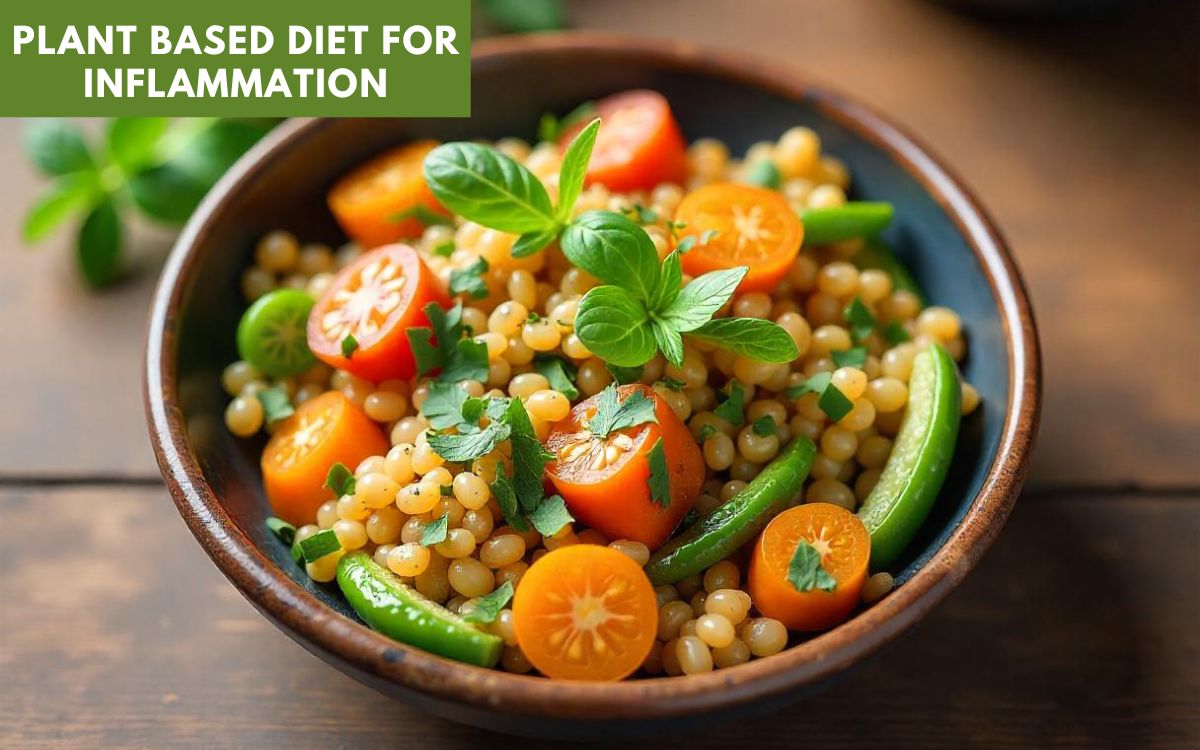
Plant-based Diet for High Blood Pressure
Adopting a plant-based diet can be an effective way to manage high blood pressure.
This dietary approach focuses on consuming foods derived from plants, including vegetables, fruits, nuts, seeds, oils, and whole grains.
By reducing animal products and processed foods, individuals can experience numerous health benefits.
Reduced Risk Of Hypertension
Plant-based diets are rich in potassium, fiber, and antioxidants. These nutrients help lower blood pressure naturally.
Eating more fruits and vegetables can decrease sodium intake. This balance is crucial for maintaining healthy blood pressure levels. Studies have shown that people on plant-based diets often have lower rates of hypertension.
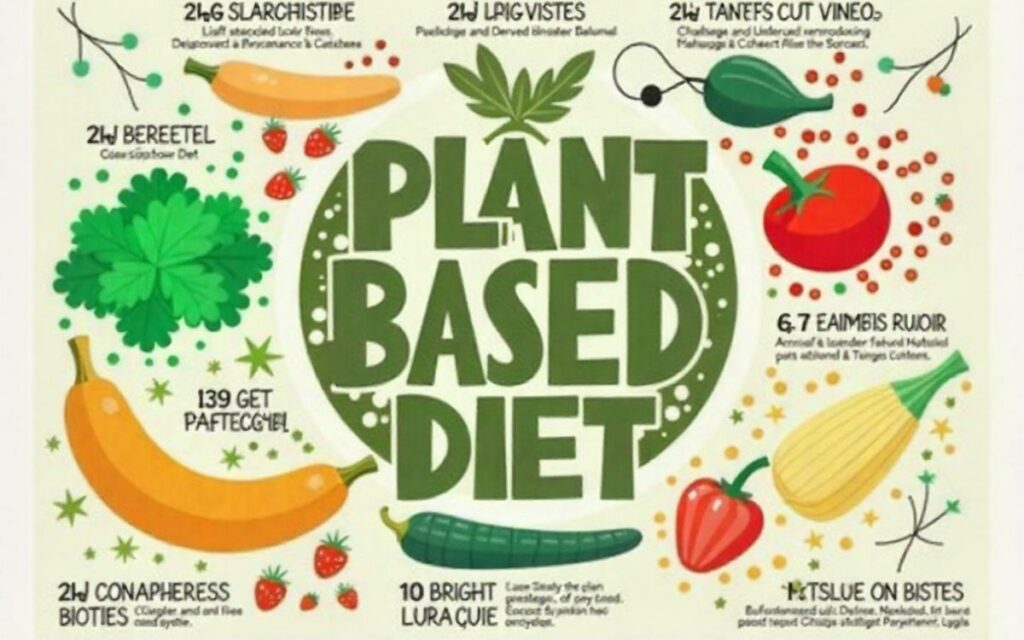
Improved Heart Health
Heart health can significantly improve with a plant-based diet. Such diets are low in saturated fats and cholesterol.
They help reduce the risk of heart diseases. Whole grains and legumes promote better circulation.
They also support healthy cholesterol levels. This dietary approach can lead to a stronger heart and improved overall wellness.
Key Foods To Include
A plant-based diet can help manage high blood pressure. Including certain foods can make a big difference.
They provide nutrients and help maintain healthy blood pressure. Here are key foods to incorporate into your meals.
Leafy Greens And Vegetables
Leafy greens are rich in potassium. Potassium helps balance sodium levels in the body.
Examples include spinach, kale, and collard greens. These vegetables are low in calories and high in fiber. Eating them regularly supports heart health.
Other vegetables are also beneficial. Broccoli, carrots, and bell peppers offer vital nutrients.
They contain antioxidants which protect the heart. These vegetables can be eaten raw or cooked.
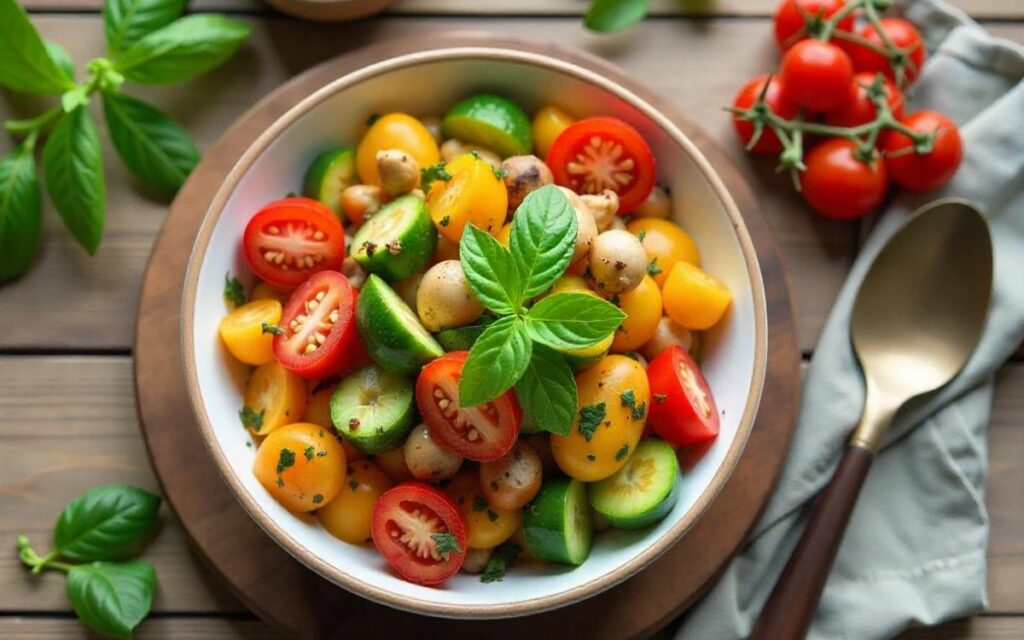
Whole Grains And Legumes
Whole grains are packed with fiber. Fiber helps lower blood pressure. Brown rice, quinoa, and oatmeal are good options. They keep you full longer and maintain energy levels.
Legumes are another excellent choice. Beans, lentils, and chickpeas are rich in protein.
They help reduce cholesterol and support heart health. Including them in meals is easy and effective.
Nutrients For Blood Pressure Control
A plant-based diet can be effective for managing high blood pressure. Key nutrients play a vital role in regulating blood pressure levels.
Focus on consuming foods rich in potassium and magnesium. These nutrients help maintain a healthy balance.
Potassium-rich Foods
Potassium is crucial for heart health. It helps lower blood pressure by balancing sodium levels.
Bananas are a well-known potassium source. Sweet potatoes, avocados, and spinach also offer high potassium. These foods are easy to include in meals.
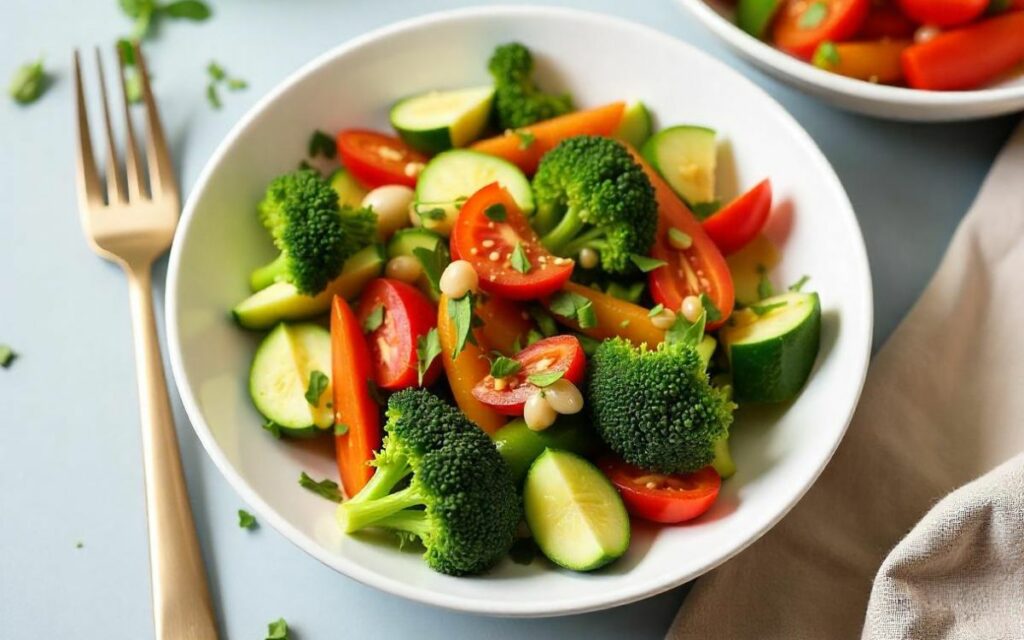
Magnesium Sources
Magnesium supports blood vessel relaxation. It aids in reducing blood pressure naturally.
Nuts and seeds are great magnesium sources. Almonds, pumpkin seeds, and sunflower seeds are tasty options. Leafy greens like kale and Swiss chard also provide magnesium. (mycleanseplan)
Meal Planning Tips
Meal planning is an essential strategy for managing high blood pressure with a plant-based diet.
Careful planning ensures you get the right balance of nutrients without feeling overwhelmed.
Whether you’re a busy professional or a parent juggling multiple tasks, these tips make transitioning to a plant-based diet easier and more effective.
Balanced Diet Strategies
Creating a balanced diet doesn’t mean you have to sacrifice flavor or variety. Start by including a range of fruits, vegetables, whole grains, and legumes in your weekly meal plan.
These foods are rich in fiber and essential nutrients that help regulate blood pressure.
Think about color when planning your meals. A colorful plate often means a variety of nutrients. Include green leafy vegetables like spinach, red tomatoes, orange sweet potatoes, and purple eggplants.
Consider portion sizes. A plate that’s half vegetables, a quarter whole grains, and a quarter protein from sources like beans or tofu can help maintain a balanced diet.
Eating this way ensures you get enough vitamins and minerals while controlling calorie intake.
Simple Plant-based Recipes
Sometimes the simplest recipes are the most delicious. Try making a vegetable stir-fry with broccoli, bell peppers, and carrots.
Add a splash of soy sauce and a pinch of ginger for extra flavor. Serve it over brown rice for a satisfying meal.
Another easy recipe is a lentil soup. Use lentils, tomatoes, and carrots, seasoned with cumin and coriander.
It’s hearty, filling, and perfect for lunch or dinner. Lentils are an excellent source of protein and fiber, both great for managing blood pressure.
Don’t underestimate the power of smoothies. Blend spinach, banana, and almond milk for a quick breakfast.
It’s a refreshing way to start your day and keeps you energized without spiking your blood pressure.
Have you tried any of these recipes? How did they fit into your daily routine? Share your thoughts and inspire others to embrace a plant-based lifestyle for better health.
Lifestyle Changes For Health
Embracing a plant-based diet can lower high blood pressure. It is not just about what you eat.
Lifestyle changes play a key role too. Small changes can lead to big health benefits. Simple habits can make a big difference.
Eating plant-based foods is a great start. But, it is also important to adopt other healthy habits. These changes can support heart health and improve overall well-being.
Regular Physical Activity
Exercise is important for managing blood pressure. Aim for at least 30 minutes of exercise daily.
Activities like walking, cycling, or swimming are great options. Exercise helps the heart pump blood more efficiently. It can also reduce stress and improve mood.
Find an activity you enjoy. Consistency matters more than intensity. Regular exercise can become a fun part of your day.
Stress Management Techniques
Stress can affect blood pressure. Managing stress is crucial for health. Techniques like deep breathing and meditation can help.
These methods calm the mind and relax the body. Consider yoga or tai chi for added benefits.
Take breaks during the day to unwind. Short moments of relaxation can lower stress levels. Practice gratitude to focus on positive thoughts. This shift in mindset can improve overall health.
Frequently Asked Questions of Plant-Based Diet for High Blood Pressure
Can A Plant-based Diet Help With High Blood Pressure?
Yes, a plant-based diet can help lower high blood pressure. It emphasizes fruits, vegetables, whole grains, and legumes.
These foods are rich in potassium, fiber, and antioxidants, which support heart health.
Reducing sodium intake and avoiding processed foods further benefits blood pressure management.
What Is The Best Diet For Extremely High Blood Pressure?
The DASH diet effectively manages high blood pressure. Focus on fruits, vegetables, whole grains, and lean proteins. Limit sodium, saturated fats, and added sugars.
Prioritize potassium-rich foods like bananas and spinach. Stay hydrated and control portion sizes to support heart health.
Consult a healthcare professional for personalized guidance.
Which Is The Most Effective Plant For High Blood Pressure?
Hibiscus tea is highly effective for managing high blood pressure. It helps relax blood vessels, improving circulation.
Regular consumption may significantly lower systolic and diastolic pressure. Always consult a healthcare professional before starting any herbal treatment.
Do Cardiologists Recommend A Plant-based Diet?
Many cardiologists recommend a plant-based diet for heart health. It lowers cholesterol, reduces blood pressure, and decreases heart disease risk.
A balanced plant-based diet provides essential nutrients while promoting overall well-being. Always consult a healthcare professional before making dietary changes.
Conclusion
A plant-based diet helps lower high blood pressure. Focus on whole foods. Include plenty of fruits and vegetables.
Choose whole grains and legumes. Limit processed foods and added sugars. Drink plenty of water daily. Regular exercise supports heart health too.
Simple lifestyle changes make a big difference. Always consult a healthcare professional.
They provide personalized advice for your needs. Embrace these changes for a healthier life.
Enjoy the benefits of a balanced diet. Your heart will thank you. Stay committed and patient.
Progress takes time, but it’s worth it. Start today for a healthier tomorrow.

